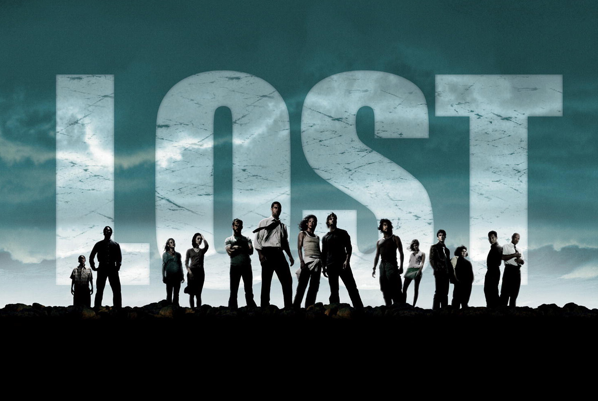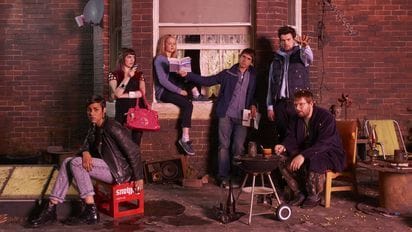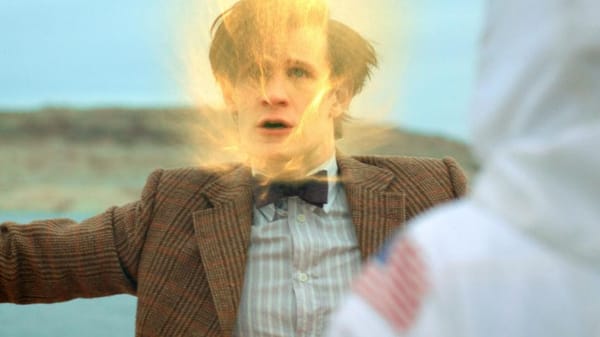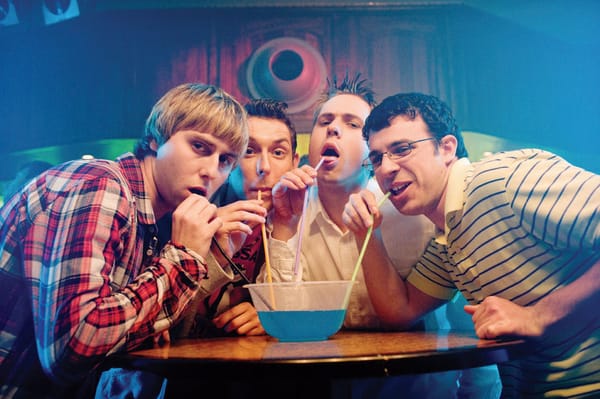Sometimes answers just lead to more questions
Lucia Podhorska takes a retrospective look at LOST

Writing reviews on shows I love is something I have found to be quite difficult. When I try to persuade someone to watch something I like, it generally ends with me saying, “Erm, yeah, you just need to watch it, cos it’s amazing.” And reviewing a show like LOST is even harder, because I never want to give away too much, because it’s the secrets and surprises that make it so enjoyable.
I’ll be honest with you. I was quite a late-comer to LOST, mostly due to my own skepticism. I mean, it’s just a bunch of people who crash on an island and try to survive, right? That’s been done so many times; it’s hard to keep count. Oh, how very wrong I was…
The pilot episode, which incidentally was the most expensive pilot ever made costing between $10-14 million, introduces the viewers to the survivors of Oceanic Flight 815, flying from Sydney to Los Angeles, which crashes on an island somewhere in the South Pacific. For you avid readers out there you will quickly draw parallels with Treasure Island and Lord of the Flies as the first couple of episodes explore the makings of a hierarchical society. That’s pretty much where most similarities to other island survival shows end. The first night on the island is spent building a fire and trying to understand why the jungle makes strange metallic noises whilst trees topple left, right and center. The next day, a brave group goes into the jungle to try and send a distress call from the cockpit. They manage to find a transceiver and even the pilot is alive, but he is soon killed by the unseen monster. Craziness ensues as other survivors encounter a polar bear, build a golf course and hear a mayday, in French, that has been repeating on a loop from somewhere on the island for 16 years. Weird stuff…
Why did they crash? Where did they crash? Why did these specific people survive? Those are just a few of the questions that audiences ask themselves when they watch this show. That’s the wonderful – and infuriating – thing about LOST: every answer just leads to more questions. This can get a bit annoying and I do know a few people who simply gave up after a few seasonsof increasingly complicated plotlines. If you are such a person, I recommend you go back to the beginning and watch the whole thing all over again, because this really is the kind of show one needs to watch back-to-back in order to fully appreciate it. And the majority of the questions do get answered by the end of season six.
And what is there to appreciate, you ask? Well, let’s start with the location: Hawaii! The beautiful scenery and sudden day-turning-into-night-end-of-the-world-type-weather makes it the perfect setting. Then there’s the music, as composed by Michael Giacchino, which in a way, has come to define the show. In fact, I’m pretty sure it was when I started watching Lost that I came to fully appreciate just how important the music in a television show can be. Just the main tune ‘There’s No Place Like Home’ manages to be heart-wrenching, yet oddly uplifting at the same time. Genius.
As I already mentioned in previous reviews, the thing that’s most important to me in a series are the characters. If they’re not interesting or don’t develop, I just tune out. Thankfully, LOST is jampacked with character development and intriguing characters, whom we get to know both on and off the island, thanks to the brilliant use of flashbacks, flash-forwards and flash-sideways. There’s not really any actor who doesn’t deliver, but there are a few that need mentioning for their outstanding performances: Matthew Fox as Dr. Jack Shepherd; Terry O’Quinn as John Locke and Michael Emerson as the creepy Ben Linus, both of whom received an Emmy for Outstanding Supporting Actor In A Drama Series.
Created by J.J. Abrams – the man behind Alias, Fringe and the new Star Trek movie – and Damon Lindelof, LOST ran for six seasons and explored a larger panoply of themes than other Hollywood shows have. Mortality, religion, relationships and the human condition are all investigated. Part of the success of the show is its ability to transparently approach these without making them too apparent to the viewer which allows both the ‘couch potato’ and the critical mind to enjoy themselves. A detailed analysis that satirizes modern society can be derived with little effort as well which generates great conversation if you find yourself with similarly minded people.
The brilliance of the show comes from its innate ability to appeal to all audiences. Dog lovers, science fiction fans, scientist and adventurous shoot-em’-up junkies all have their slice of pizza to enjoy. This is a top of the list recommendation for everyone out there. You just need to watch it, cos it’s amazing.
FADE TO BLACK.







